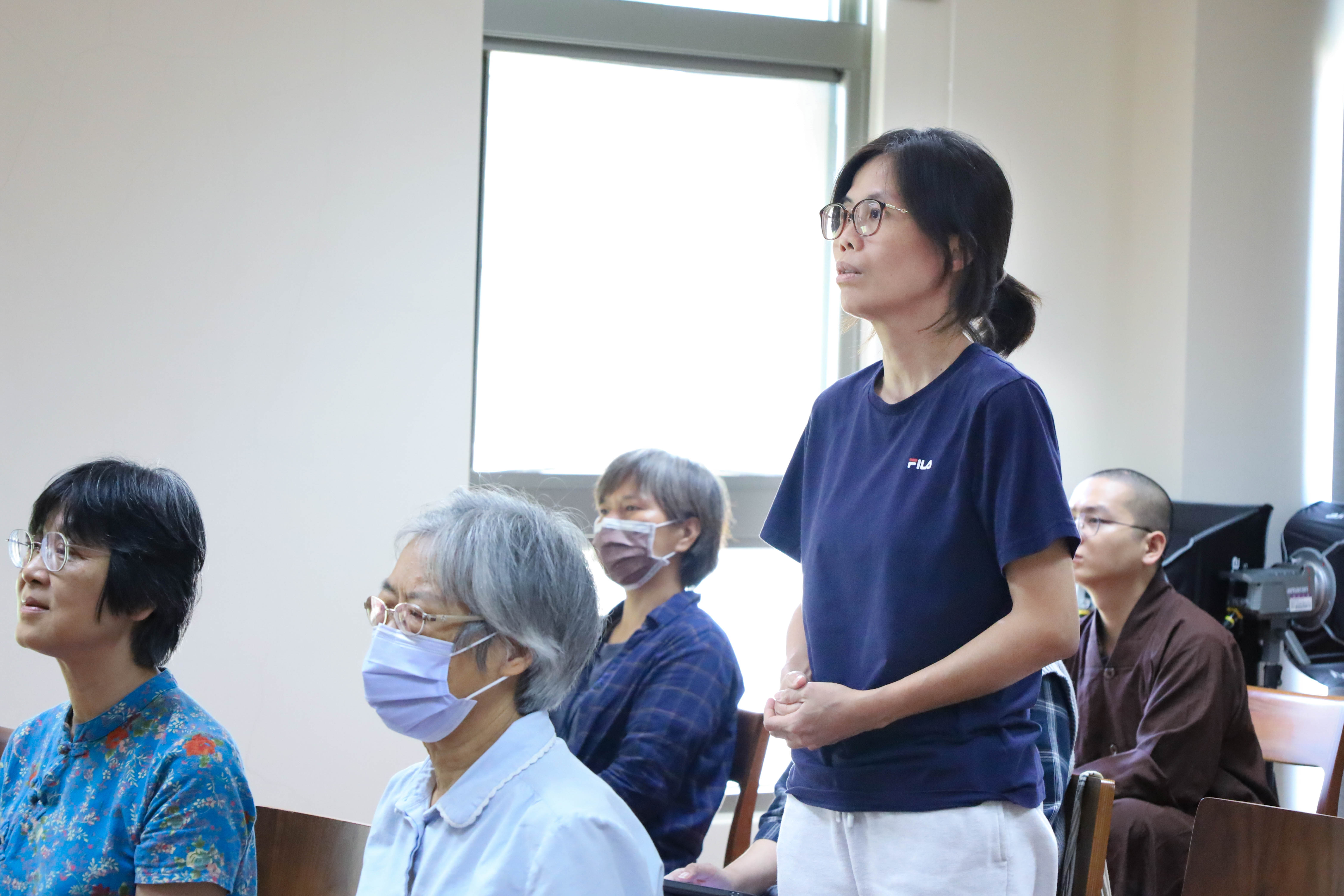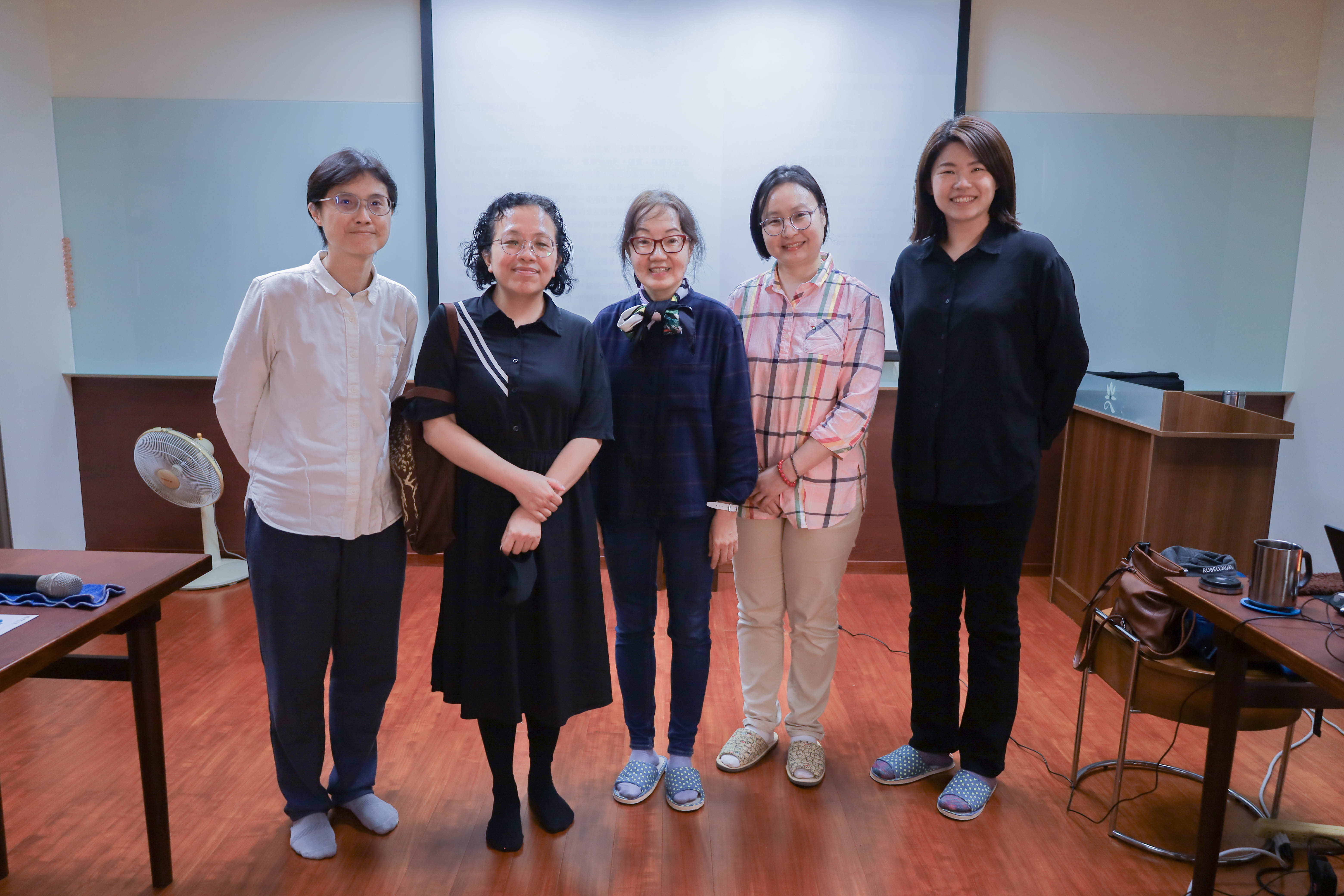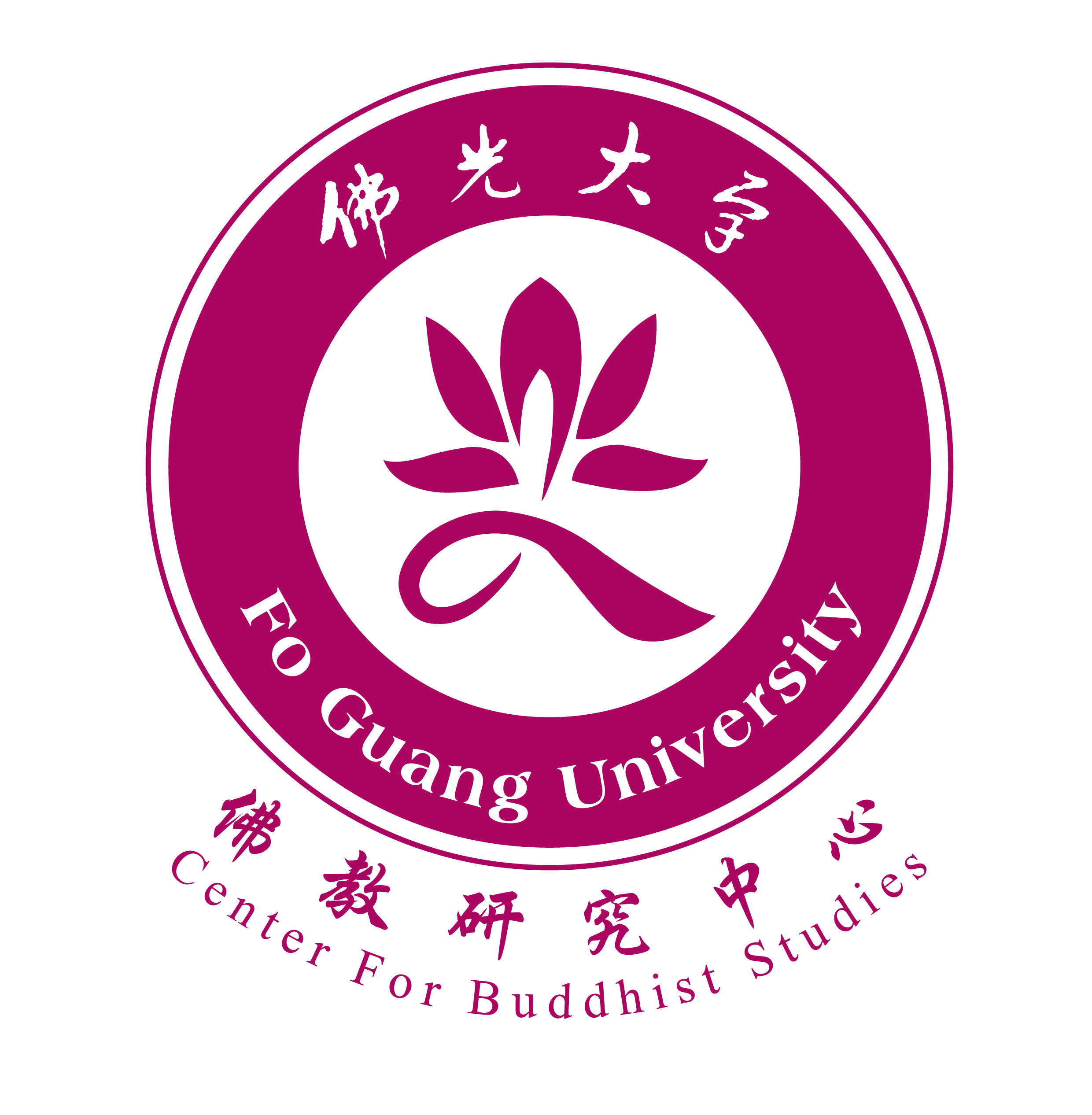During her talk, Professor Yi provided insights into the Sutra of the Divine Spells of Great Auspiciousness, its translator, the Northern Wei dynasty monk Tanyao, and how the construction of the Yungang Caves in its second stage embodied the content of the scripture. She shared information about the scholarly exploration of Yungang Cave dating back to the early 20th century. Professor Yi also compared the scripture's content with the elements found in cave sculptures and deity paintings, emphasizing their close connection. She suggested that the construction of the second stage of the Yungang Caves may have held significant ritual functions and purposes, serving as a consecrated space imbued with the protective power of the dharani, particularly relevant for the emperor's involvement in the political struggles of that era.
Furthermore, Professor Yi emphasized that from the Sutra of the Divine Spells of Great Auspiciousness, it can be observed that Hindu ritual practices were adopted by Buddhism and employed in support of imperial authority. The editorial traces in this scripture suggest that, as society evolved, it underwent revisions and enhancements through the incorporation of other incantations, thus integrating more intricate ritualistic practices into the Sutra of the Divine Spells of Great Auspiciousness.
Moreover, by examining the mention of "incense" in the sutra, we can explore further into the topic of cultural exchange between China and India during that period, representing a potential avenue for further researches.
Following Professor Yi’s captivating lecture, all the students and faculty members in attendance gained a deeper understanding of and grew more curious about the Yungang Caves. During the question and discussion session, they eagerly raised inquiries about various aspects, such as the site selection for the Yungang Caves, the methods of excavation, the political implications of the sculptures, and the potential relationship between the translation of divine spells and the prevalent witchcraft practices of that era. The lecture ended on an engaging note, leaving everyone content.
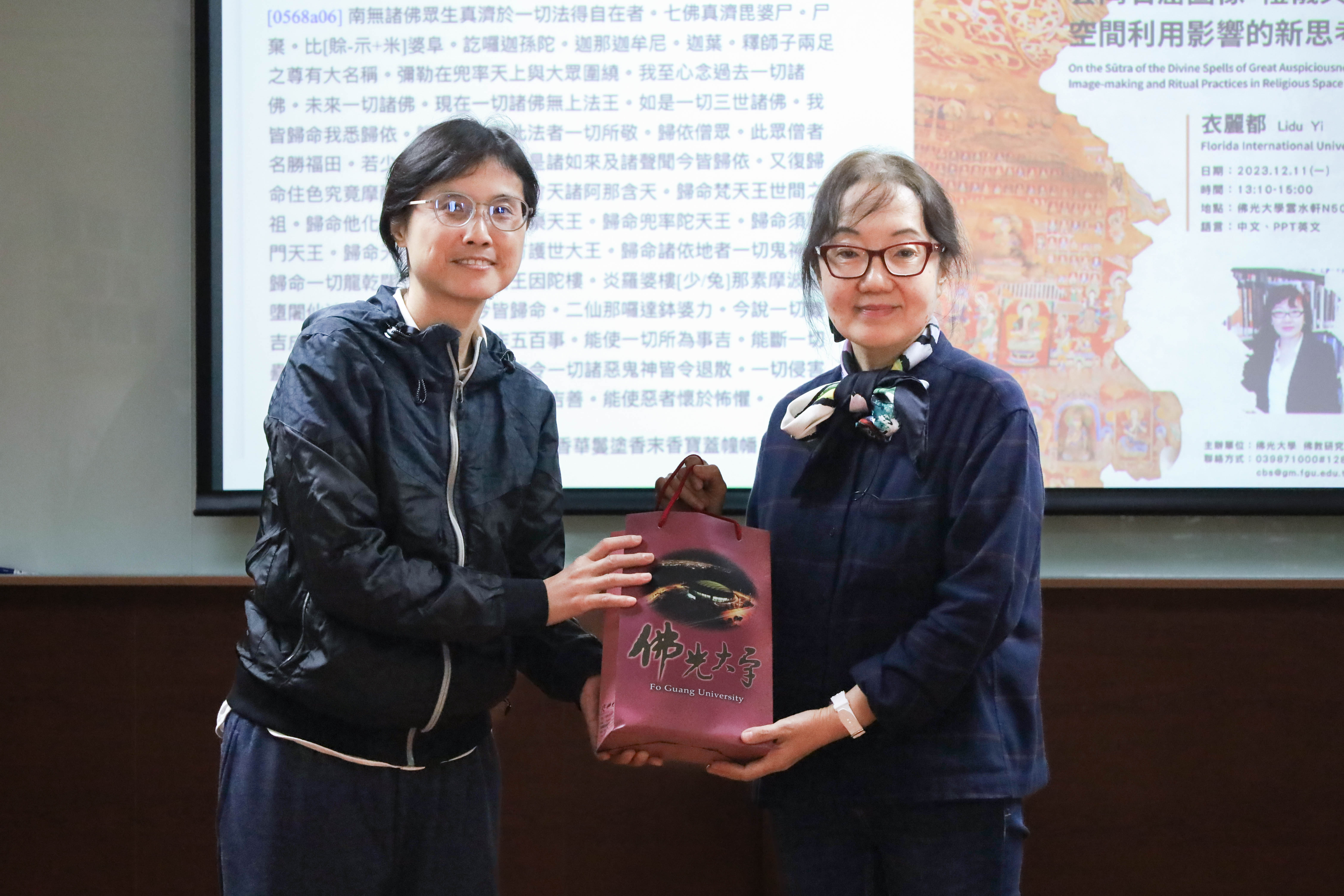
林欣儀執行秘書 (左) 代表中心致贈禮物。
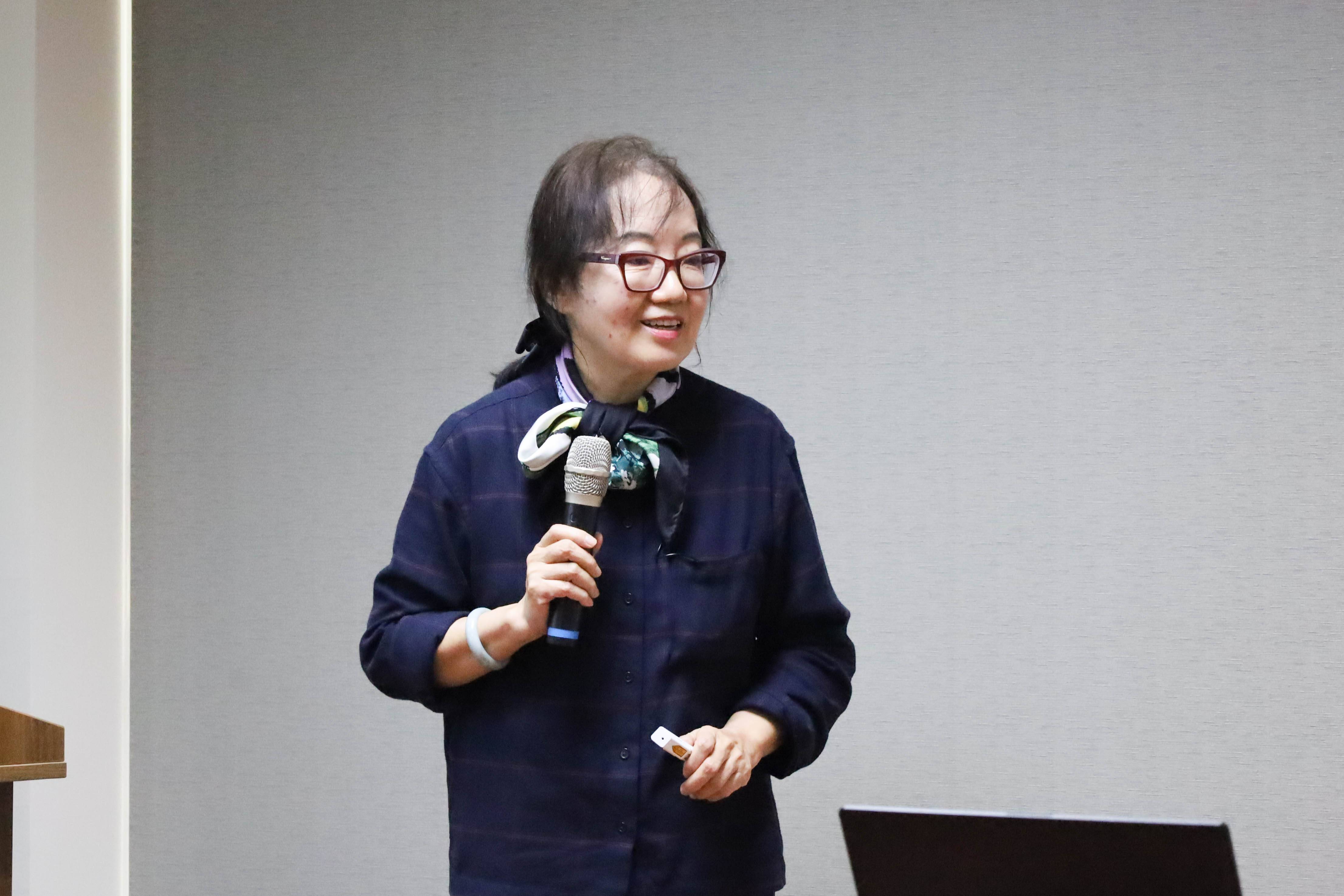
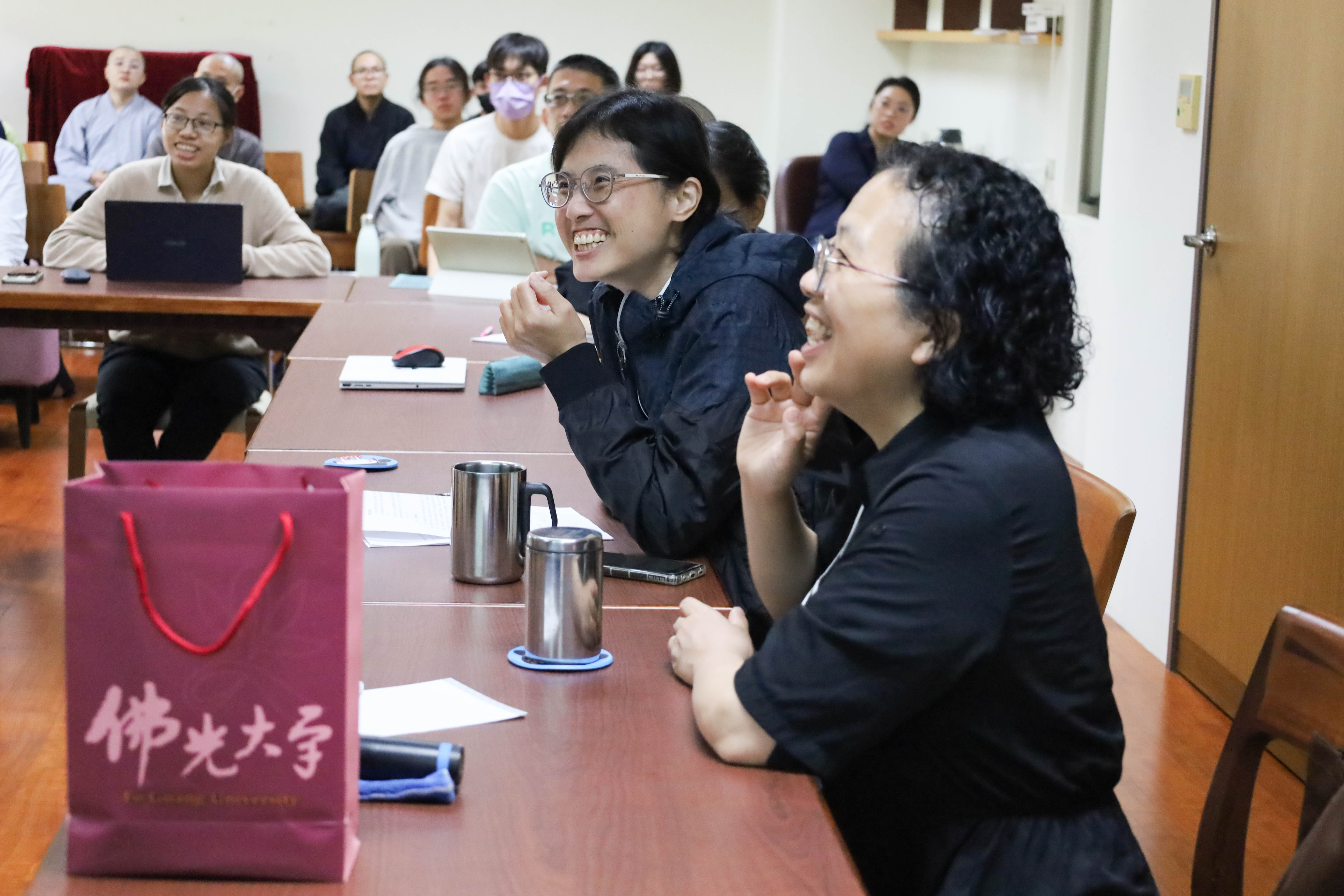
吸引眾多師生前來聽講。
